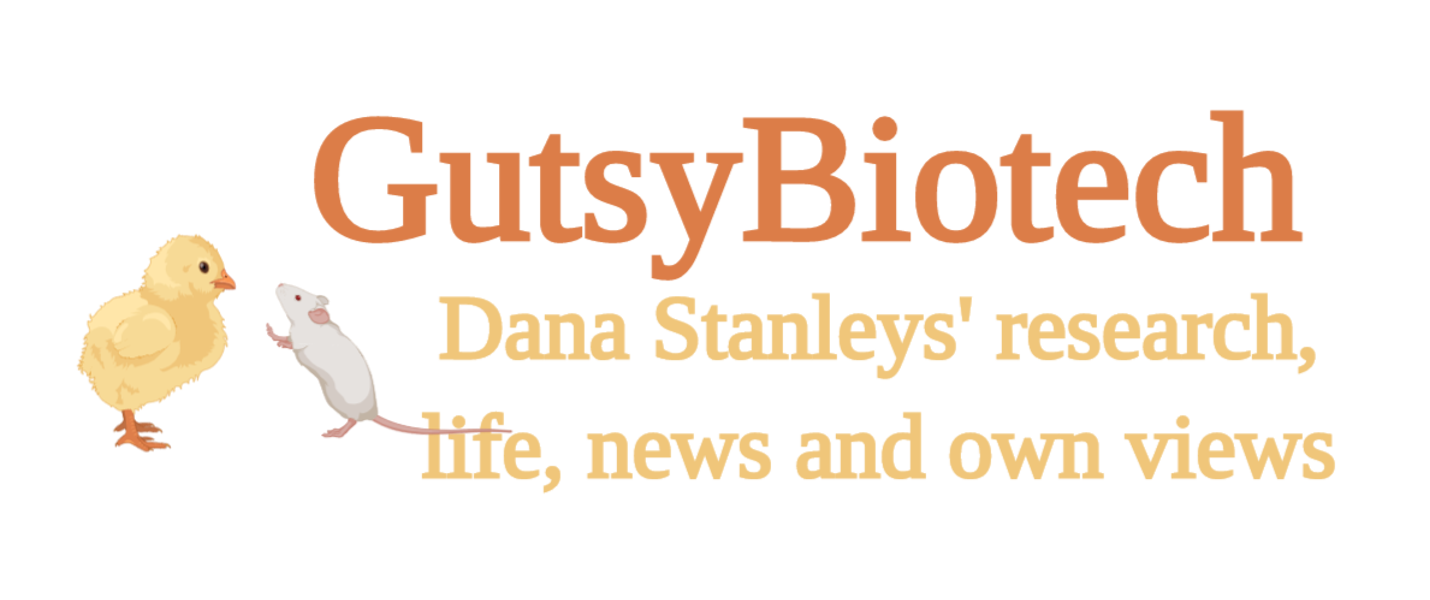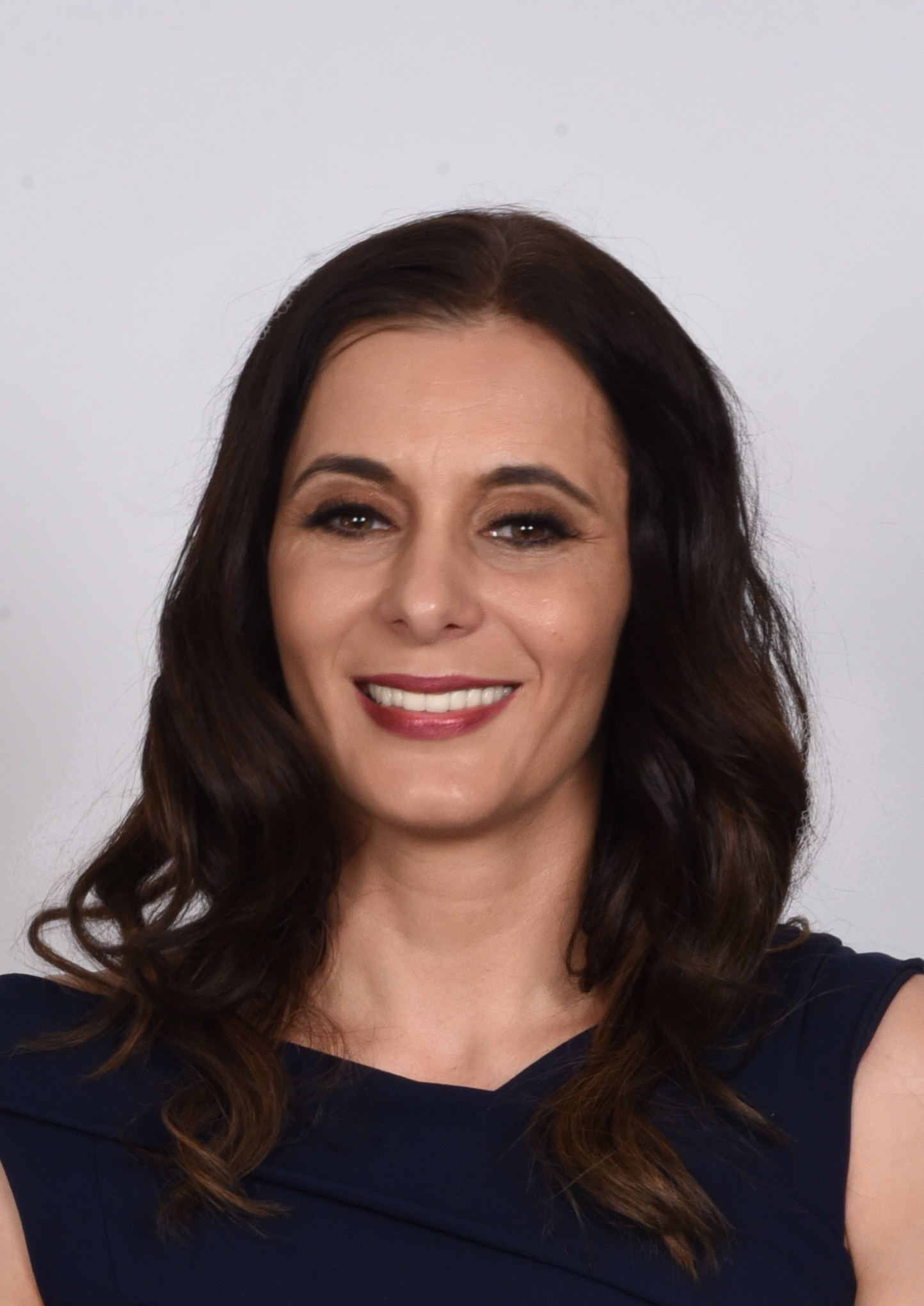Professor Dragana Dana Stanley
Highlights
· 70 journal articles; 11 conference proceedings, over 40 conference presentations, GS H-index 32, i-10-index 48
· Highly cited, high impact research, over 5000 citations
· ARC DECRA Fellow (completed 2019)
· Several student voice awards for teaching
· By Publons reviewer profile statistics in the 99th percentile as a reviewer.
· Microbiology Section Editor in Heliyon (Cell Press)
· Member of NHMRC panels since 2014
· Member of Australasian Veterinary Poultry Association (AVPA) and World Veterinary Poultry Association (WVPA)
· Member of the Nutrition Society of Australia (NSA)
· Published in Nature Medicine, Nature Immunology, Nature Communications
· Established genome research facility at Central Queensland University
· Member of advisory committees in major international companies
Yadav Bajagai
Yadav is a postdoctoral researcher at CQU. He graduated with Bachelor of Veterinary Science from Tribhuvan University, Institute of Agriculture and Animal Science and subsequently obtained Mater Degree in Animal Science and a PhD both from the University of Queensland (UQ), Australia. Yadav obtained his PhD on the impacts of probiotics in intestinal microbiome and poultry performance. He has more than a decade of experience in a range of roles in industry, government and academia mainly in the area of animal/poultry health and management, food security, molecular microbiology and bioinformatics. His current research interest includes host microbe interaction, gut health, alternative to antibiotic feed supplements and antibiotic resistance. He is also passionate about big data analysis and bioinformatics.
Yadav was awarded with prestigious Australian Leadership Award and Endeavour Award to complete his Master and PhD in Australia. He was a recipient of Dean’s commendation for high achievement at UQ. A research and extension project prepared by a team including Yadav on behalf of the government of Nepal was competitively funded USD 58 million from the Global Agriculture and Food Security Program (GAFSP), a multilateral international financing mechanism initially established by G8 nations. The main objective of the project was to enhance food and nutrition security of the marginalised community in Nepal. The Australian Trade Commission and Australia Future Unlimited has awarded Yadav with Outstanding Young Australian Alumni Award in recognition of this achievement. In addition, Yadav was also awarded “Mahendra Vidya Bhusan” (The Order of Merit in Education) by then the king of Nepal and also with “Nepal Vidya Bhusan” by the president of Nepal. He was also a nominee of the University of Queensland International Alumnus of the Year in 2013. Outside of his research interest, Yadav is very interested in music and singing.
Dr. Romeo Batacan Jr.
Dr Romeo Batacan Jr. graduated with a degree in Bachelor of Science in Biology, major in Microbiology, from the University of the Philippines at Los Baños (UPLB) in 1996. He then proceeded to pursue a career in Medicine at the College of Medicine of the University of the Philippines Manila until 2001. After passing the national licensure exam, Dr Batacan decided to return to UPLB and join the Institute of Biological Sciences as an Assistant Professor of Microbiology from 2002 to 2007.
In 2010, Dr Batacan went to Australia and obtained his Biomedical Science Honours and PhD degree from the Central Queensland University. His research explored the effect of different intensities of physical activity and diet on cardiovascular and metabolic health markers, cardiac and vascular function, and gut bacteria. The results provided insights into the distinct health outcomes produced by physical activity and diet, including the mechanisms by which these occur.
Dr Eduardo Crisol-Martinez
Dr Eduardo Crisol-Martinez is an agricultural ecologist interested in developing sustainable farming systems to promote biodiversity conservation and the provision of ecosystem services. He has conducted research into the community ecology of wildlife in fragmented agricultural landscapes, plant-insect interactions (i.e. host-plant resistance and tolerance) and host-microbiota interactions (understanding the role of gut bacteria in the health of the host).
Eduardo graduated in agronomy at the University of Almeria (Spain) and then obtained a Masters by research in plant sciences/entomology at the University College Cork (Ireland). He has recently completed his PhD in ecology at Central Queensland University (Australia), in collaboration with Dana Stanley’s Lab. Eduardo has extensive international experience in ecology and sustainable agriculture, having worked for both the public and the privatesectors across Europe, South-east Asia, Latin America and Australia.
He has conducted research into sustainable agriculture at the Instituto de Investigación y Formación Agraria y Pesquera (IFAPA) and De Ruiter Seeds, where he worked in the development and selection of agronomic and quality traits in horticultural crops in Spain. He has also worked at the Centre for Tropical Agriculture (CIAT, Colombia) generating and disseminating site-specific agricultural recommendations to assist the decision-making process of smallholder farmers in Colombia.
Eduardo has also carried out research in ecology and conservation at the International Rice Research Institute (IRRI, Philippines) and at Central Queensland University (CQU). At IRRI, he studied the physiological responses (tolerance and resistance) of hybrid and inbred (parental) rice lines to insect attack (planthoppers and stemborers). Over the last three years at CQU, he has conducted research in areas of macadamia production to understand the effect of forest fragmentation on arthropods, birds and insectivorous bats. Additionally, this work aimed to explore the pest-reduction services provided by avian communities, and also to understand their exposure to insecticide applications and potential health impacts.
Since the beginning of 2017, Eduardo is an Adjunct Research Fellow in the Stanley Research Group at CQU, where he is conducting research in microbial ecology on a project to understand the associations between intestinal bacteria and host’s performance. He also maintains strong collaborations with other institutions where he is currently studying the impacts of agrochemicals on herbivore and natural enemy populations, and the ecological engineering (i.e. ecological restoration) of rice agroecosystems.
Ngare Wilkinson
PhD Student
Ngare is a Lardil woman from Mornington Island in the Gulf of Carpentaria and has lived there most of her life. She graduated from CQ University in 2013 with a Bachelor in Biomedical Science. In July 2014 she commenced her PhD Applied Sciences under the supervision of Dr Dragana Stanley (CQU), Dr William Aspden(CQU), Dr. Robert Hughes (SARDI) and Professor Robert Moore (RMIT) Ngare’s project involves the Manipulation of poultry breeding stock microbiome for epigenetic improvement. This project is funded by the Poultry CRC and CQU. She has analyzed what bacterial communities are present within the main sections of the healthy Japanese quail and produced a visual and descriptive histological representation of these sections. Ngare is currently investigating the dynamics of bacterial colonization of gastro intestinal microbiome of Japanese quail from hatch to maturity. Ngare’s research model has the potential to have high relevance to quail, chicken and the overall poultry industry. This research is intended to increase the production of safe, clean food, increase the growth rate and maximise exports.
Sheeana Gongadoo
PhD Student
Sheeana Gangadoo is from originally Mauritius. She graduated from CQ University with a Bachelor’s degree in Science specialising in Analytical and Molecular Science in 2014. She was then employed by Dr. James Chapman as a research assistant at CQU focusing on areas such as nanotechnology, material science and microbiology. She is now currently a PhD research student under the supervision of Dr. Dragana Stanley (CQU), Dr. James Chapman (CQU), Dr. Robert Hughes (SARDI) and Professor Robert Moore (RMIT) where her project explores the application of nanoparticles in feed for the improved growth and development in broiler chickens. This project is funded by the Poultry CRC and CQU. She has a literature review summarising the progress and prospects of nanoparticles in chicken feed along with an article on a rapid and reproducible method to synthesise selenium nanoparticles. Her future goals include the use of nanotechnology in research towards continuous improvement of poultry performance while focusing on methodological development and analytical instrumentation performance. She believes the emerging use of nanotechnology will bring rise to new and innovative knowledge and techniques in agricultural management and farming practices.
Ben Bauer
Masters Student
Ben Bauer spent the first 11 years of his career as a chef working at premier restaurants in Australia and Europe. He then began a Bachelor of Science, specialising in Analytical and Molecular Biology 2013. In January 2017, Ben began a scholarship under the supervision of Dr Dragana Stanley (CQU), Prof. Robert Moore, Prof. Kerry Walsh and Dr Surya Bhattarai, assessing the potential of oregano as a replacement to antibiotic growth promoters within the broiler industry. Ben, his wife Urszula, daughter Lily and baby Julian also own an urban farm that grows several heritage crops and poultry breeds. The urban farm has been designed using a collaboration of vertical, aquaponics, organic and permaculture ideologies of farming in unity with knowledge obtained during his academic career.
Josh McIntyre
Research Assistant
Josh Mcintyre is from California USA, he moved to Australia to attain a Bachelor’s Degree in Biochemistry and Molecular Biology from James Cook University in 2014. During his undergrad Josh volunteered in David Millers lab where her learned how to generate recombinant proteins. He then pursued an Honours Degree in 2015 working under Prof. David Miller, Dr. David Bourne, Dr. Aurelie Moya and Dr. Yui Sato. His project looked at the coral host response to black band disease using transcriptomics. Josh then began working for Dr Dana Stanley as a research assistant at CQ University in 2016 where his work focuses on bioinformatics and microbiological studies.









